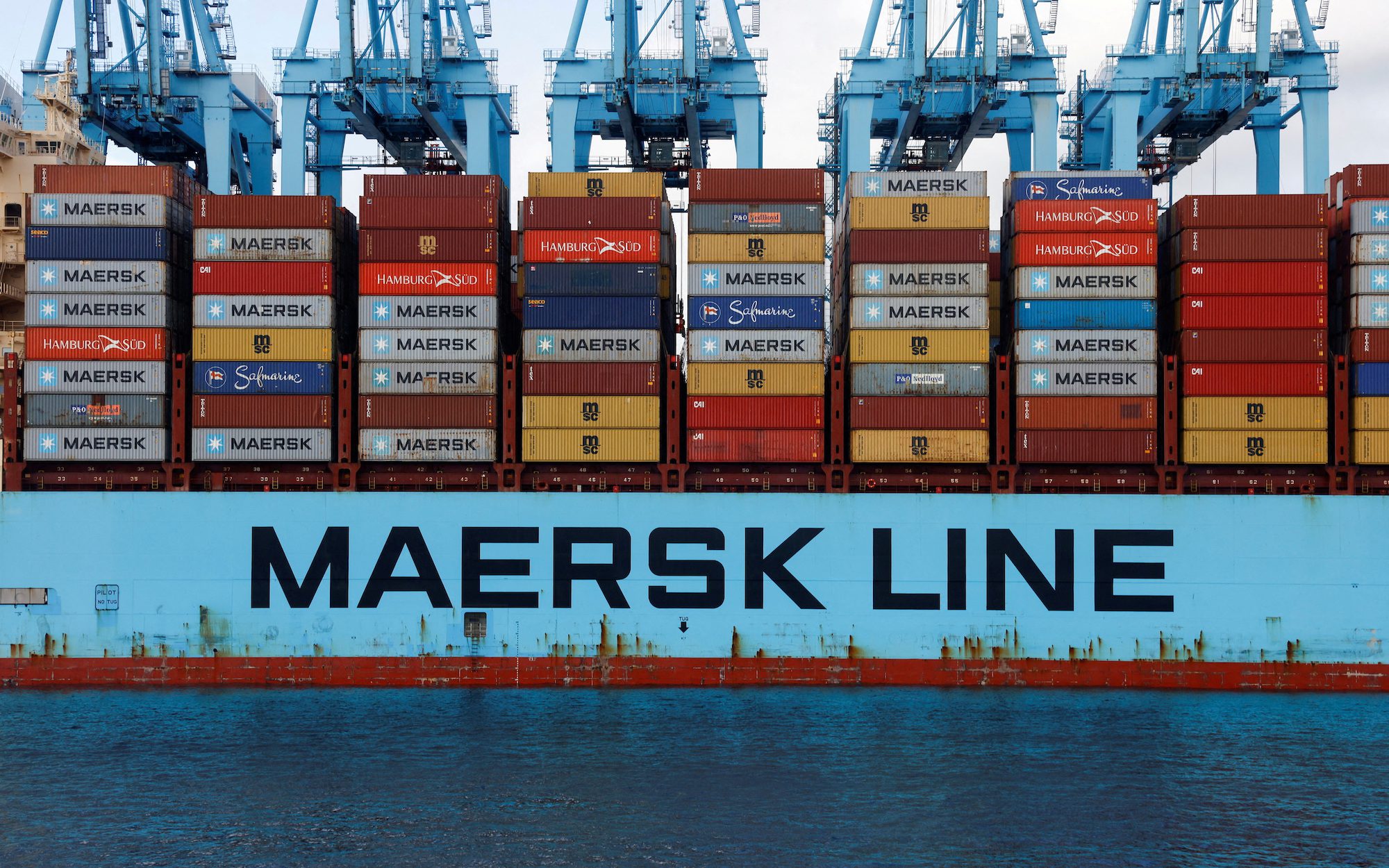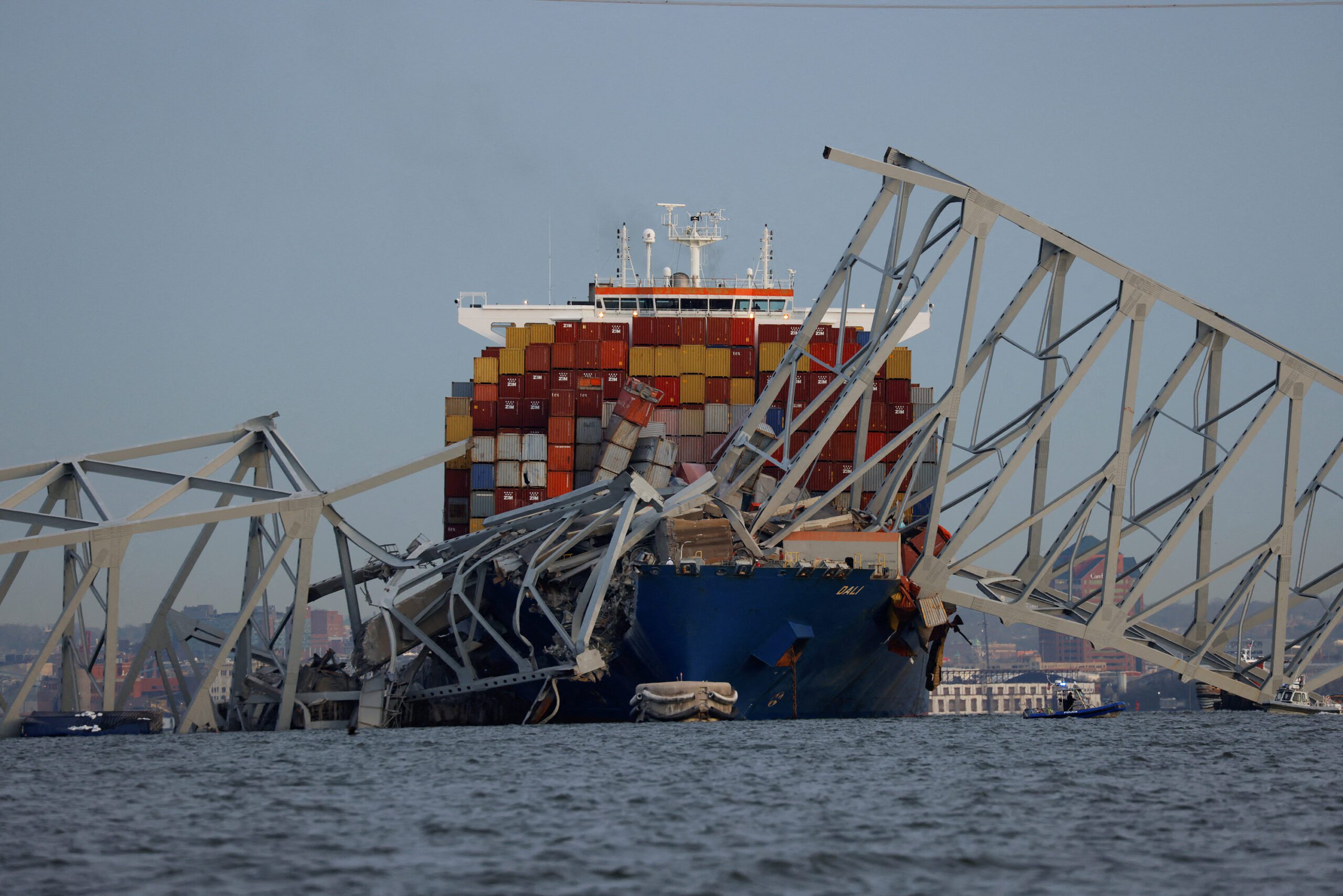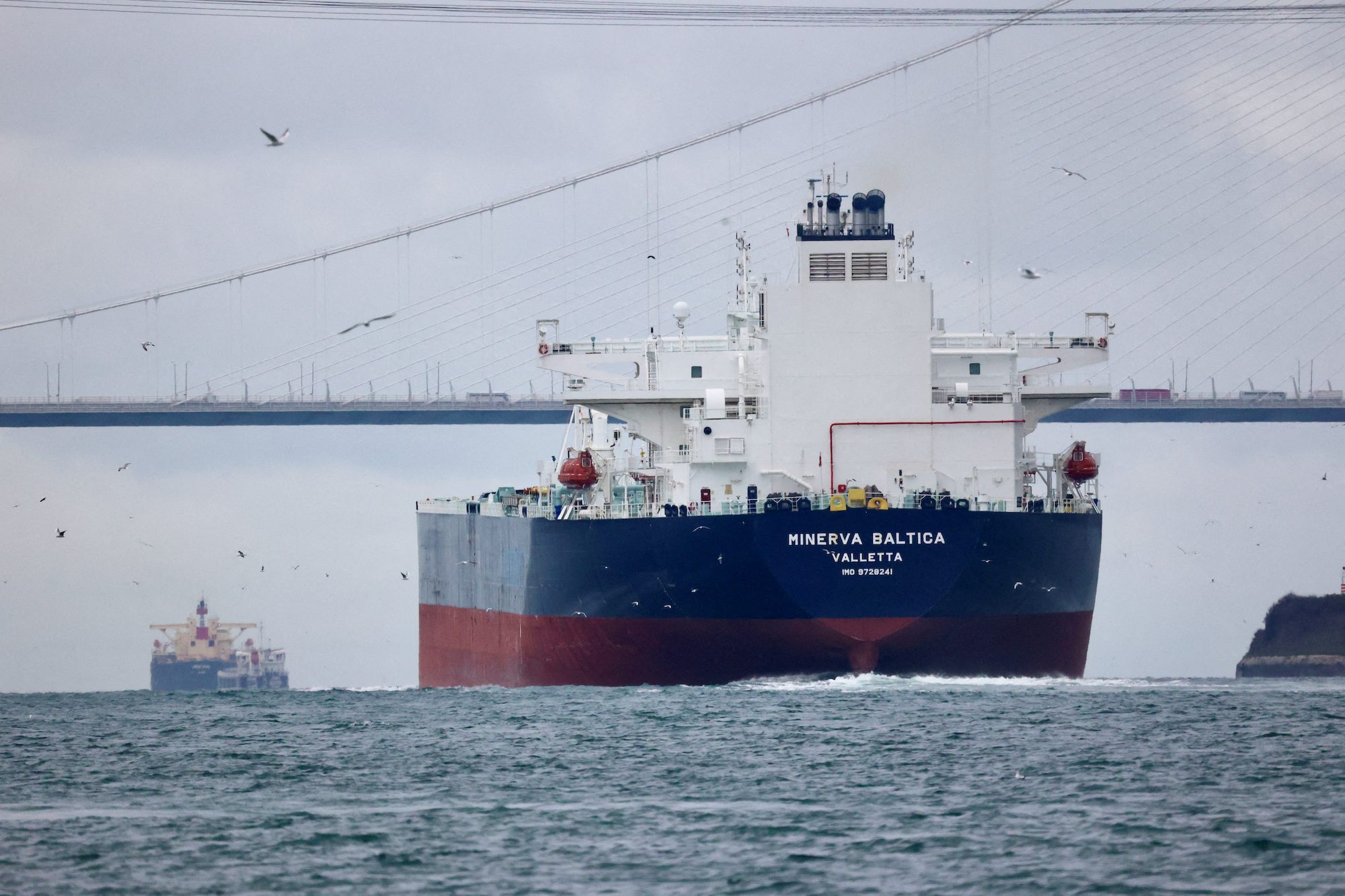Ships at anchor off Singapore
By Bryan Abell, Six Maritime
Piracy in the Malacca Straits is as old as the trade routes that snake between Indonesia, Malaysia and Singapore. Mariners have run the Malaccan gauntlet for centuries, braving the navigation hazards and seagoing thugs that inhabit the shortest route between India and China. After a brief hiatus in petty theft and looting at the end of the last decade, the recent resurgence in maritime crime has turned its sights on the global oil trade.
With tens of thousands of ships and nearly a quarter of the world’s seaborne oil trade passing through the straits every year, it is no surprise that piracy continues to thrive in Malacca. One hundred twenty-eight piracy incidents were reported to the IMB in 2013, and the pace of attacks in 2014 is set to exceed that number. Though robbery is still the prevailing modus operandi, the volume of attacks and increase in oil theft suggest that pirates in Southeast Asia are adapting and organizing. The following five variables illustrate the menacing progression and suggest that rough seas are ahead for operators and crews who frequent Asia’s busiest shipping lane.
1. Vulnerability
Susceptibility to attack in the Malacca Straits is no different than anywhere else in the world: ship size, speed, freeboard and crew preparedness determine the vulnerability of a vessel. In Malacca, the recent influx of small, unguarded and slow-moving product tankers provides fertile hunting grounds for small-time thieves and organized criminals. While tankers lumber under the weight of hundreds of tons of marine gas oil, their decreased speeds and low freeboards leave the door open for boarding parties.
Fortunately for vessels able to make greater than 18 knots, Malacca’s pirates have yet to demonstrate the ability to board at such speeds. The danger of collision in the crowded strait, however, typically restricts larger vessels from making speeds greater than 18 knots. As for tugs and barges, their slow speeds and accessibility make them prime targets of opportunity for pilfer and hijack. Berthed and anchored vessels are similarly at risk; lax harbor security and the region’s notoriously poor interagency coordination place the onus of port and anchorage security on ship operators and crews.
2. Cutting costs and corners
The downward spiral of risk aversion, cost cutting and substandard security goes something like this: piracy means higher costs. Higher costs mean security cuts. Security cuts mean more successful attacks. More successful attacks mean more piracy.
Indonesia, Malaysia and Thailand forbid armed private security providers in their territorial waters. Additionally, many captains looking to avoid a gunfight (and the potential legal implications of a gunfight) forbid their crews from carrying weapons underway. But when piracy goes unchecked, the threat propagates. The growing threat means extra costs for ship owners and shippers, usually in the way of higher insurance premiums or added fuel costs to maintain higher transit speeds. To pay for higher premiums and extra fuel, ship owners are forced to reduce crew size, cut wages, or curtail security and safety measures. Smaller crews lead to overtasking and poor vigilance. Curtailing security means scaling back on mandatory ISPS security measures, safety requirements and crew qualifications.
The rationing mess finally implodes when security failures yield successful boardings and the successful attacks lead to more piracy. Until adequate security becomes a priority, this chain reaction will hasten the frequency of attacks in Southeast Asia.
3. Adoption of the Nigerian business model
For West Africa’s coastal states, high oil prices and the lack of refining capacity put refined petrol products at a premium. To meet the demand, Nigeria’s criminal rackets have developed both the logistical capacity to steal thousands of tons of oil at sea and the means to deliver it to black market buyers. From Ivory Coast to Angola, tankers are hijacked and taken out to sea, where the cargo is siphoned into awaiting containers. Once a buyer is found, a substantial payday is in order. After the first successful seaborne product heist in December 2010, the low-risk, high-payoff business model triggered a paradigm shift in West African maritime crime.
Like in the Gulf of Guinea, marine gas oil in Southeast Asia is both expensive and in high demand. Indonesia’s reliance on refined petroleum imports and eager black market buyers make the stolen commodity an attractive product for resale. As demonstrated by several clumsy attempts to thieve refined product, the region’s novice bunkerers still lack the logistical capacity and technical expertise required to steal thousands of metric tons of oil at sea. There are signs, however, that pirate intelligence collections are improving: a number of recent attacks demonstrate knowledge of tanker movements, awareness of security force limitations and the abuse of state demarcations.
Additionally, the maritime environment provides ample space for trial and error. With one third of the world’s oil and product tanker traffic passing through Southeast Asia every year, there will be no shortage of opportunities for criminals to develop and refine their operating procedures. Additionally, the influx of product tankers in the sea lanes and potential for profit will almost certainly attract organized criminals with the aptitude to upgrade operations to the Nigerian standard.
4. Profit
Political and socioeconomic dysfunctions afford operating space for nefarious pursuits like organized crime and piracy. In Malacca in particular, the local economics of petro-piracy are a devious demonstration of the entrepreneurial spirit: criminal outfits look to take advantage of the region’s demand for cheap fuel by exploiting the surplus of commodity that transits nearby sea lanes. As long as there is an opportunity to secure a big payday, maritime crime in Southeast Asia will persist.
Fuel is one of the shipping industry’s biggest expenses. Swiped marine gas oil is commonly sold to dealers who take below-cost commodity to the multitude of ports and shipyards in Indonesia and Singapore. For outfits with the rudimentary logistics to steal and resell fuel at sea, the ship-to-ship transfer of cut-rate bunker oil is a lucrative practice. These floating gas stations are difficult to spot, and, aside from its bargain price, stolen product is virtually impossible to distinguish.
Ripping off a single small tanker can bring in profits in excess of $2 million (USD). Until security measures can erode demand for black market fuel or impair access to commodity supplies, the potential for large pay-offs will keep Southeast Asia’s illicit stakeholders in business.
5. Piracy and politics
Indonesia’s current account deficit has become unsustainable. After years of political pressure to maintain expensive subsidies to keep fuel prices low, slowed economic growth and fiscal hemorrhage have forced policymakers to rein in petroleum appropriations. With allocations of subsidized fuel supplies projected to run out in December, price spikes are inevitable.
The good news is that the reduction of subsidies is likely to curb corruption linked to the illegal export of subsidized fuel. The bad new is, thanks to the hefty subsidies that have tripled over the past four years, consumers have grown accustomed to cheap petroleum. Without subsidies, inelastic demand for low-cost fuel will cause more consumers to turn to black market products.
Climbing fuel prices will aid the region’s burgeoning petro-piracy business and cause an increase in the frequency of tanker hijackings. Additionally, if the 2013 riots following the first proposed cut to fuel subsidies are an indicator of an approaching political backlash, maritime stakeholders should remain wary. Though kidnapping remains a secondary and infrequent endeavor in Indonesia’s waters, political angst could prompt a response akin to West Africa’s kidnap-for-ransom episodes.
Politically motivated crimes of opportunity are not out of the realm of possibility in Southeast Asia; the region’s first reported incidents of kidnapping occurred in April of this year. In the piracy business, kidnapping is typically reserved for criminals who lack the cash, equipment and connections needed to siphon oil from an underway tanker. Despite recent successes, profit and grievance-motivated kidnappings in Indonesia are unlikely to contend with the scale and severity seen in the Gulf of Aden or Gulf of Guinea. However, kidnap-for-ransom could become a more prevalent crime of opportunity for Indonesia’s politically charged, low-tech malefactors.
Major Bryan Abell served 11 years in the United States Marine Corps as a Force Reconnaissance Marine and Intelligence Officer. He is a U.S. Naval Academy and Stanford University alumnus and currently serves as Six Maritime’s Director of Operations for West Africa.
Unlock Exclusive Insights Today!
Join the gCaptain Club for curated content, insider opinions, and vibrant community discussions.

 Join The Club
Join The Club













